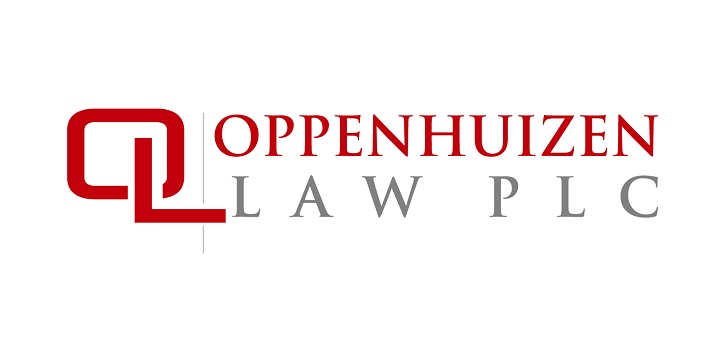If I Have Common Law Rights, Then Why Do I Need a Federal Registration?
One of the biggest limitations on common law trademark rights is that you only have trademark rights in the geographic area where you are actually selling the goods or providing the services under your trademark.
A federal registration provides you with nationwide rights (subject to someone else’s common law rights that were in place before you). Having a federal registration will also help keep others from selecting that same trademark because your trademark will surface on a trademark search of the Trademark Office records which will help deter someone from choosing that same name.
In addition, having a federal registration can give you a significant advantage if you ever need to sue someone for infringement. A federal registration on the principal register creates a legal presumption that your trademark is valid and enforceable. In addition, your trademark registration can become “incontestable” after 5 years of registration, and this limits some of the ways that someone else can try to argue that your trademark is invalid.
Owning a trademark registration also has some cache to it. In my experience, federal judges are swayed by a party that is holding a federal registration. Also, owning a federal registration can help in asserting your rights if you need to send a cease and desist letter to someone who has started using your trademark. Yet another advantage of owning a trademark registration is when it comes to third parties. Social media websites and web-hosting companies are very cautious of contributing to the infringement of your trademark, and they can be persuaded to take down an alleged infringer’s web content just to avoid the possibility of being liable for facilitating the infringing activity. A trademark registration is well worth the expense.
The USPTO provides some useful information on the trademark registration process here at its website.
Related Topics:
What Makes a Trademark “Distinctive” and Why Does That Matter?
How Do I Register My Trademarks, and What is the Process?
Oppenhuizen Law PLC
625 Kenmoor Ave. SE, Ste. 301
Grand Rapids, MI 49546
United States
616-242-9550
info@oppenhuizen.com
